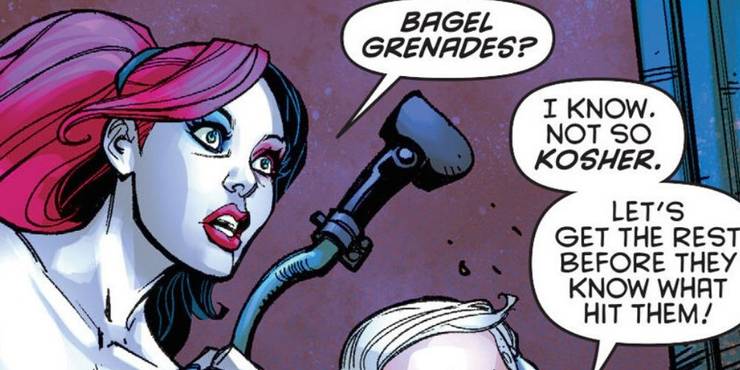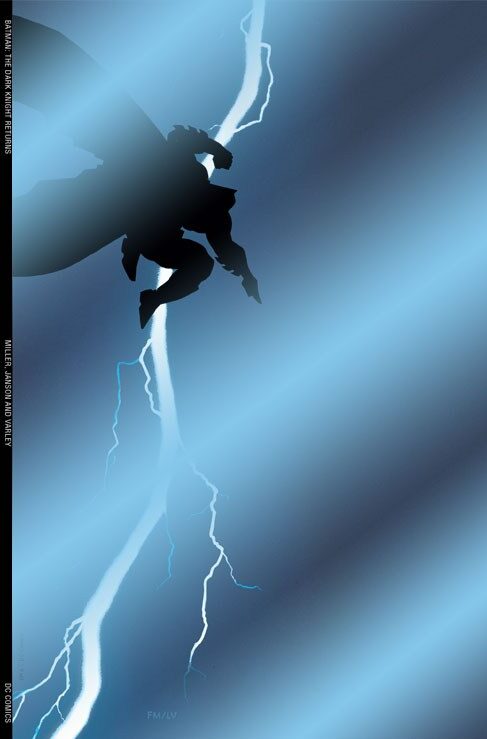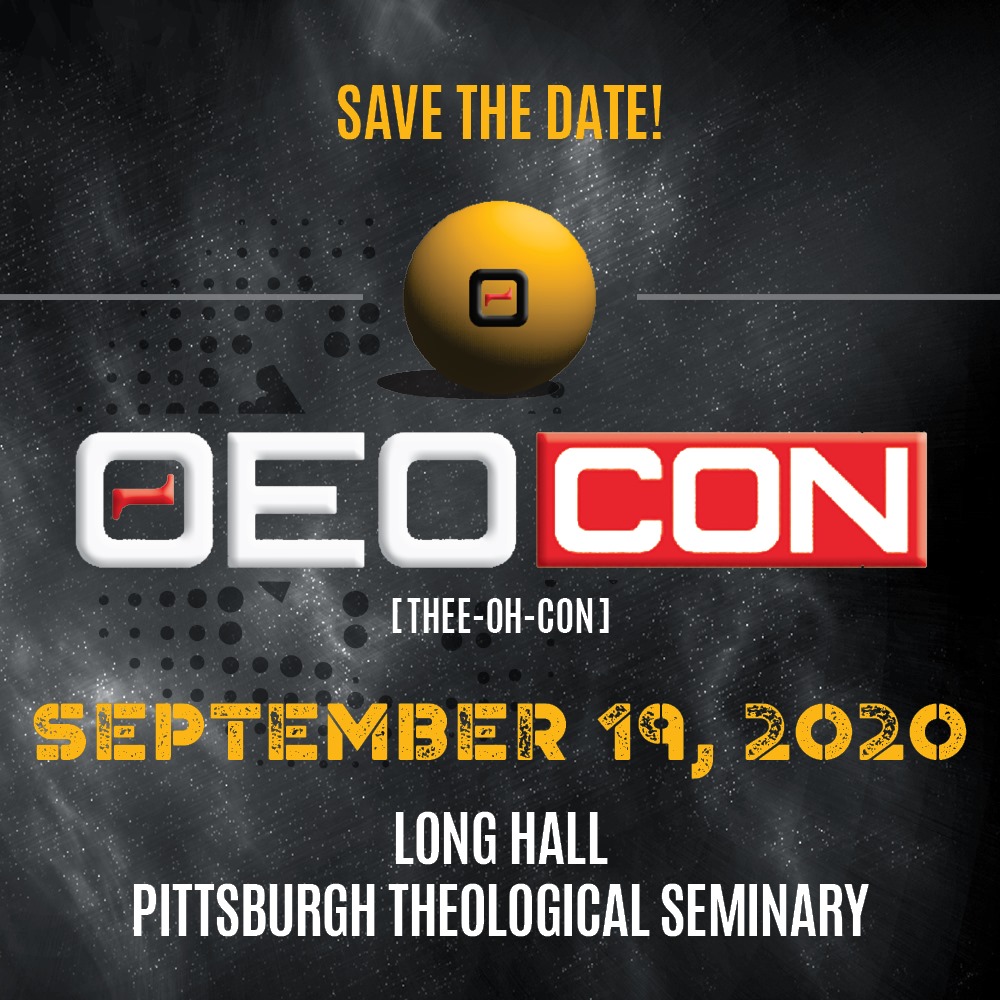Earlier this year, CBR took a stab at showcasing the influence of Jewish culture on the superhero genre in comics. After noting Stan Lee’s faith (though not Jack Kirby, Jerry Siegel and Joel Shuster, nor even Larry Lieber), the article did a countdown of eight characters “who celebrate their heritage.”

Of course, there are several problems to such coverage. First and foremost, there appears to be no range to Jewish identity necessarily; Moon Knight, the son of a rabbi, has equivalent Judaic identity as, say, Batwoman who long discounted that aspect of her history. Likewise, while Kitty Pryde has been recognized as Jewish from her earliest appearance, Magneto, Quicksilver, and Scarlet Witch have been retconned from Roma to Jews, and the Thing gave no evidence of his faith until recent years. In all, there’s something curiously flat and artificial to the Judaism they depict.
Even putting aside Harley Quinn and Magneto’s villainy or Scarlet Witch and Moon Knight’s mental instability, there seems little value assigned to the characters’ ethics or morals arising out of their Jewish identities and leading to heroic action. Is Judaism just a hereditary label, an ethnicity, or the lighting of a menorah?
 Earlier this year, Egyptian comics creator Deena Mohamed, perhaps best known internationally for her work originating
Earlier this year, Egyptian comics creator Deena Mohamed, perhaps best known internationally for her work originating 
